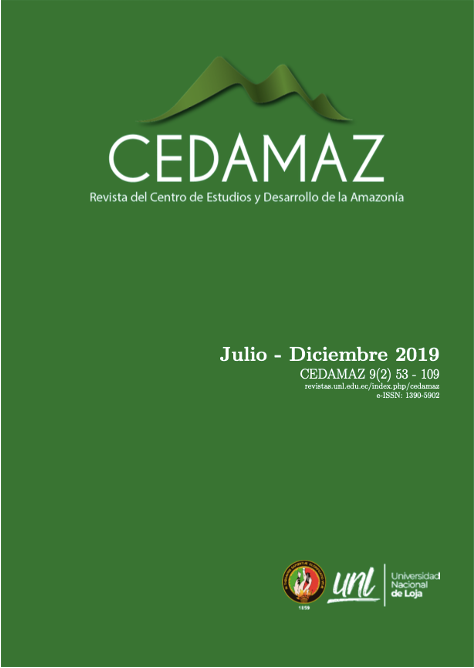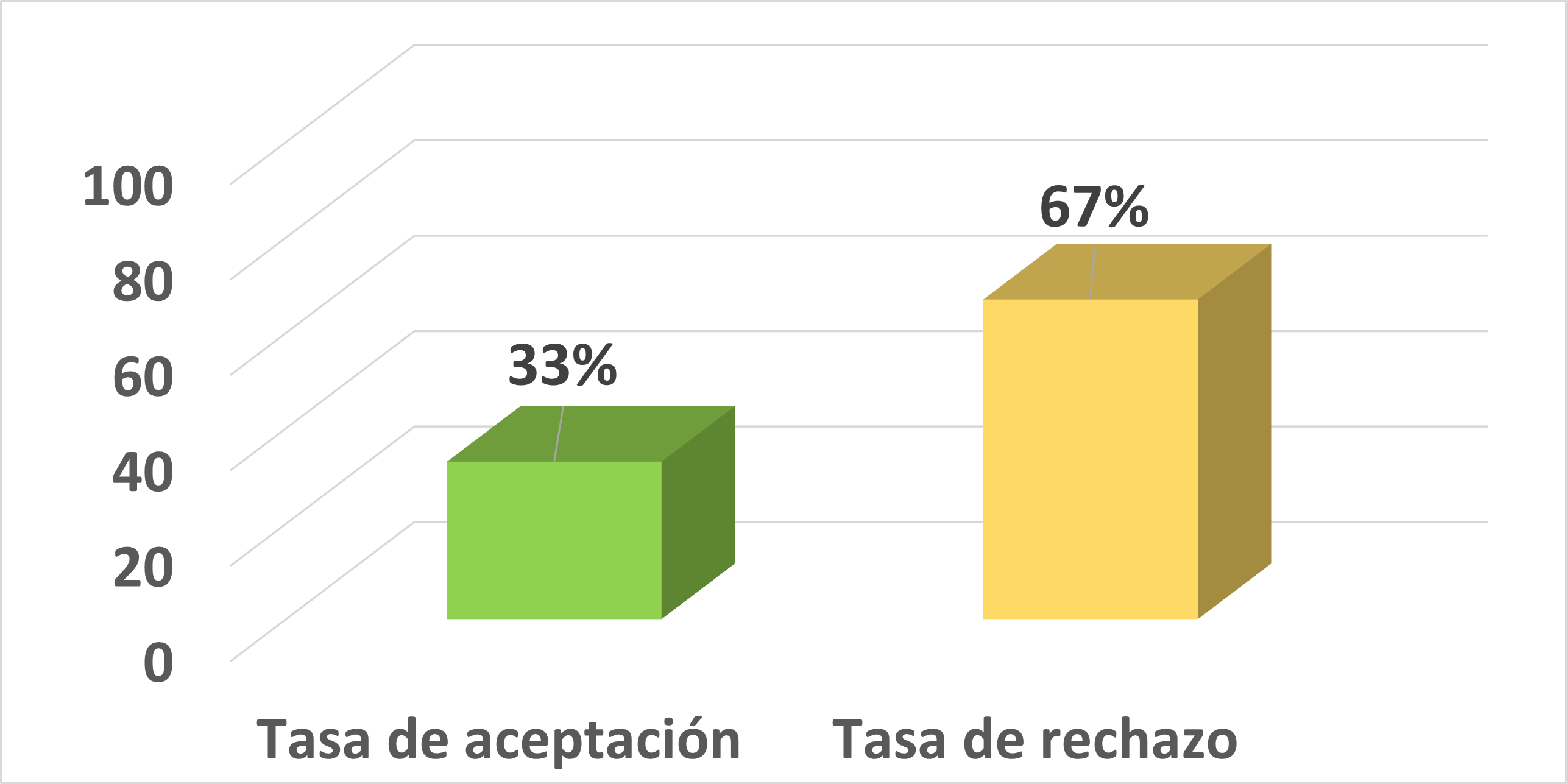Clinical biochemical study on the behavior of prostate-specific antigen in individuals of different age groups exposed to organophosphates and carbamates
Abstract
Prostate alterations are one of the most common problems that affect men over 40 years old, being the most frequent: benign prostatic hyperplasia, prostatitis, prostate cancer, etc. Thus, the determination of the prostate specific antigen (PSA) is currently a screening test for prostate cancer and prostate abnormalities. The present study is a descriptive cross-sectional observational design, where 60 male individuals were included, aged between 40 and 70, who have been exposed for years to pesticides (organophosphorated and carbamates). The measurement of PSA concentration was determined with the ECLIA method (electrochemiluminescence immunoassay). Total PSA values (>4.0 ng / ml) and free PSA (>0.90 ng/ml) and free/total PSA values (<25 %) were obtained after 50 years of age. It was established in this study that the increase in the value of PSA early in 50-year-old men could be directly related to farmers’ exposure to organophosphated and carbamates.Downloads
Published
2019-12-31
How to Cite
Moreno-Serrano, J. ., Caraguay Chamba, E., & Eras Curimilma, A. J. . (2019). Clinical biochemical study on the behavior of prostate-specific antigen in individuals of different age groups exposed to organophosphates and carbamates. CEDAMAZ, 9(2), 53–57. Retrieved from https://revistas.unl.edu.ec/index.php/cedamaz/article/view/883
Issue
Section
Research Articles
License

This work is licensed under a Creative Commons Attribution-NonCommercial-NoDerivatives 4.0 International License.
Those authors who have publications with this journal, accept the following terms:
- After the scientific article is accepted for publication, the author agrees to transfer the rights of the first publication to the CEDAMAZ Journal, but the authors retain the copyright. The total or partial reproduction of the published texts is allowed as long as it is not for profit. When the total or partial reproduction of scientific articles accepted and published in the CEDAMAZ Journal is carried out, the complete source and the electronic address of the publication must be cited.
- Scientific articles accepted and published in the CEDAMAZ journal may be deposited by the authors in their entirety in any repository without commercial purposes.
- Authors should not distribute accepted scientific articles that have not yet been officially published by CEDAMAZ. Failure to comply with this rule will result in the rejection of the scientific article.
- The publication of your work will be simultaneously subject to the Attribution-NonCommercial-NoDerivatives 4.0 International (CC BY-NC-ND 4.0)









